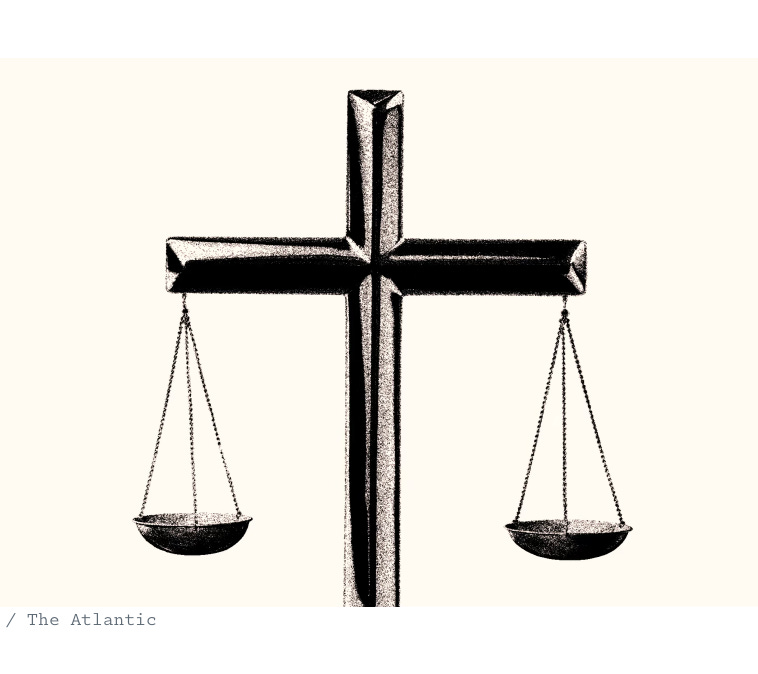Heart of Stone - by Jonathan Voos
- Ryan Culp
- Oct 3, 2025
- 4 min read
A tidbit of testimony...
Apr 29, 2023
New Music Friday. For any avid user of Spotify, those words can evoke great excitement—a feeling I shared on the morning of July 29, 2022. In my release radar, two songs appeared consecutively: “Heart of Stone” by Whiskey Myers and “Heart of God” by Zach Williams. At the time, I found the ordering a bit ironic. But, little did I know how the deep contrast between these songs would exemplify how God has transformed my life this school year.
During the past four years, Texas country, red dirt, and southern rock songs became staples in my playlists as a result of playing college baseball in small-town Sherman, Texas. Whiskey Myers quickly became one of my favorite bands thanks to their heart-wrenching storytelling. From the enthralling piano intro and rich double entendres in “Stone” (“They say Jesus was a poor man, I guess I wish I had a little more Him [hymn] in me”) to somber ballads like “Broken Window Serenade,” “Reckoning,” and “Virginia,” Whiskey Myers perfected the art of writing about heartbreak in their unique country/southern rock sound. “Heart of Stone” was no different.
Written as a follow up to the original “Stone” where lead singer Cody Cannon cries,
Sweet, sweet heart of mine
I am going to break again a million times
Is this true or gone
Have you turned to stone?
“Heart of Stone” asks questions about the reality and the purpose of life like “Is my reflection just a shell of the truth? Am I the living or am I the dying proof?” Furthermore, Cannon’s choruses recognize his growth as a person and singer:
I'm learning to move slow
I'm learning to let go
I'm learning most things a man my age is supposed to know
I'm learning how to write
I'm learning how to sleep at night
I'm learning after these years how to be thankful for what I got
But, they ultimately end with the same somber refrain of:
And I carry on
with a heart of stone
and calloused hands.
Although “Heart of Stone” represents growth from the pain exemplified in “Stone,” the act of carrying on through our suffering with a hardened heart isn’t how Christians are called to live. Yet, “carrying on” is how many of us approach our everyday lives as we let pride, busyness, confusion, disheartenment, doubt, fear, etc., get in the way of our relationship with God. We feel stuck.
When I listened to Williams’ “Heart of God” for the first time, many of the burning questions and recognitions raised by “Heart of Stone” about feeling stuck despite growth and carrying on while battered and broken were immediately addressed. “Heart of God” begins with a verse recognizing the hurt and suffering that is a constant theme in Cannon’s songwriting.
I know you're hurtin', I can see it in your eyes
So pull back the curtain and take off your disguise
Whoever told you, you ain't worth the fight
The cross tells a story that'll change your mind.
Then, it offers a solution:
'Cause there's only love in the heart of God
No room for shame in His open arms
There's beauty from ashes, so come as you are
And there's only love in the heart of God.
Come, prodigal children, it's never too late
Run home to the Father, let Him clothe you with grace
And bury your burdens, break free from your fear
Step out of the shadows, there's no judgment here.
Ezekiel 11:19–20 reads “I will give them one heart, and a new spirit I will put within them. I will remove the heart of stone from their flesh and give them a heart of flesh, that they may walk in my statutes and keep my rules and obey them. And they shall be my people, and I will be their God.” Instead of carrying on with a heart hardened by the troubles of life, we’re called to run to the Father so that he can carry us instead.
Weighed down by pride and confusion, I spent most of the fall “carrying on” down my own path with a hardened heart. It took a series of “fluke” concussions to humble me and direct me back toward Him. While I still have a long way to go, I’m actively seeking to discern where God wants me and praying that he will make my path straight. Missteps are inevitable as I am not and will never be perfect. Yet, thankfully, I’m not called to be perfect. I’m called to actively seek to be transformed by my faith.
Ultimately, although the suffering inherent to the human condition will persist, I know that I can find my hope and peace in God’s sacrificial and transformative love. So, instead of carrying on with my heart of stone and walking down unrighteous paths, I’m seeking to bury my burdens and break free of my fear under the protection of God’s grace.


Comments